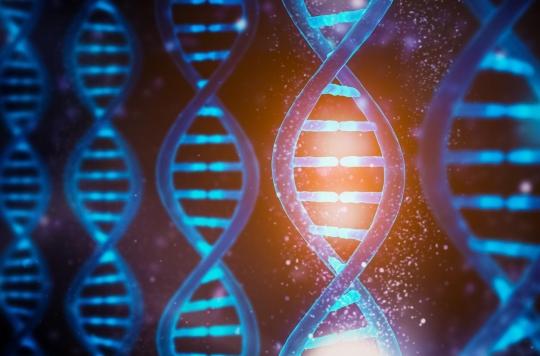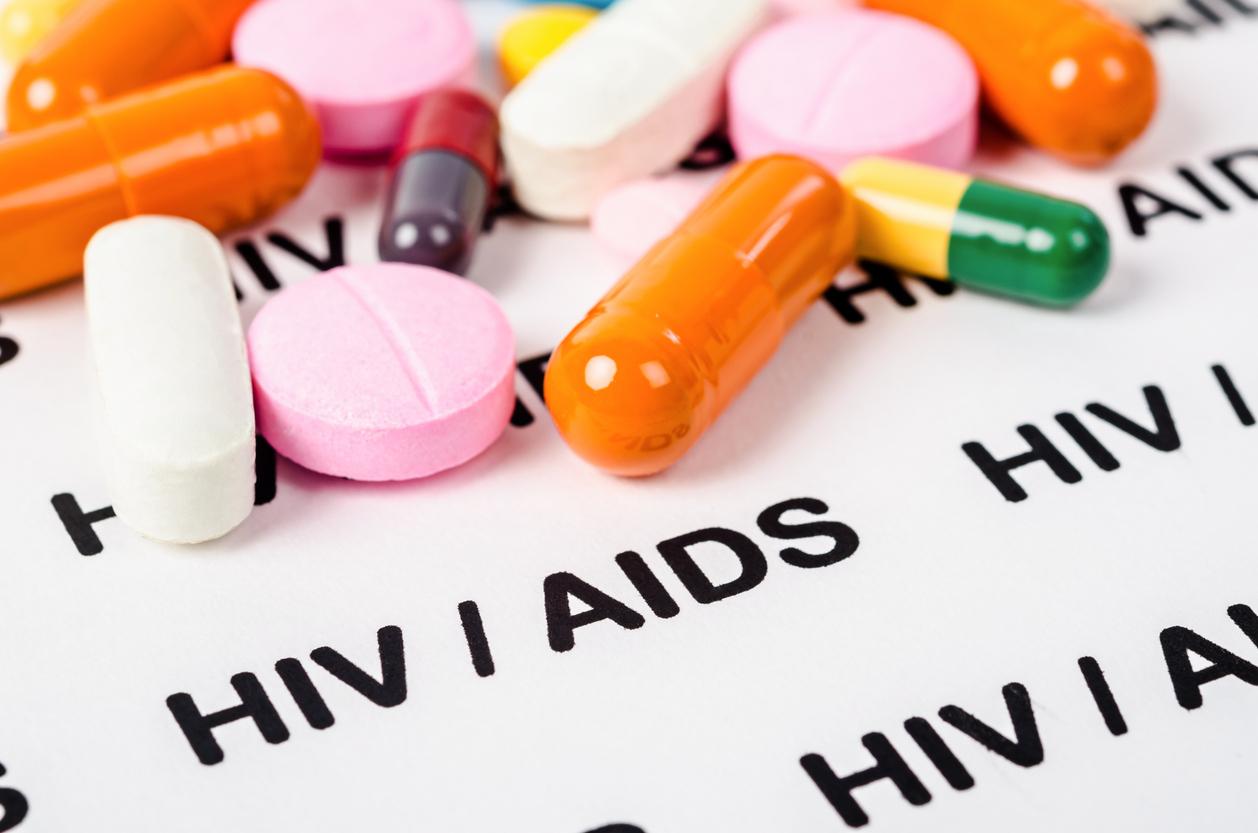The Chinese researcher who genetically modified babies to make them resistant to HIV has been released from prison.

- Biophysicist He Jiankui had caused a scandal by modifying the DNA of embryos using the genetic tool CRISPR-Cas9
- He has just been released from detention in China, where he spent three years
“Recklessly applied gene editing”
In 2018, the biophysicist He Jiankui made headlines by modifying in vitro the embryos of human babies that he wanted to protect from HIV infection, before implanting them in the uterus of participants in his trial. Three children, including two twins Lulu and Nana, the first genetically modified children, were born from this experience condemned by the international community at the time. China had detained him for 3 years, for violating medical regulations, believing that gene-editing technology had been applied”recklessly to assisted human reproduction”.
“The Berlin Patient”
He Jankui’s reasoning was based on the only person at the time to be declared cured of HIV, Timothy Brown, nicknamed “the patient from Berlin”. Treated for leukemia, he had benefited from a bone marrow transplant from a donor with a rare genetic mutation preventing the virus from entering cells. Since 2007, “the Berlin patient” no longer shows any trace of the virus in the body. It is this mutation of the CCR5 gene (CCR5 delta 32) which concerns 0.3% of the world’s population that the researchers would thus have inserted into the genome of Lulu and Nana. In total, between March 2017 and November 2018, eight volunteer couples were recruited through a Beijing-based association helping AIDS patients. These so-called “serodiscordant” couples – a father carrying the virus and a healthy mother – would otherwise not have had access to medically assisted procreation services (PMA).
The CRISPR-Cas9 technique
He Jiankui had used the CRISPR-Cas9 technique, for “Clustered regularly interspaced short palindromic regions”, which researchers have had for several years. This genetic tool is tvery effective in precisely modifying portions of DNA, the carrier of genetic information, in living beings. Beyond the ethical questions posed by the genetic modification of embryos, the use of CRIPSR-Cas9 genetic scissors (it is still prohibited outside laboratory experiments) could have created errors in the DNA of the two twins, predisposing them to certain diseases. Last February, two Chinese bioethics specialists called on the Chinese government to create a research program to monitor the health of these CRISPR babies. They call for genetic testing to determine if their DNA contains genetic errors that they could pass on to their own children.
Moreover, the modification of the CCR5 gene is not part of a therapeutic logic, since Lulu and Nana are not sick. This would be an advantage that would be conferred on them, if the experiment proves to be successful, which has not yet been proven.
According to the American newspaper MIT Technology Review who confirmed his release from prison, He Jiankui had thought he could “controlling the HIV epidemic” and saw himself in the running for a Nobel Prize. Instead, his experimentation cost him his freedom and his career.
.















